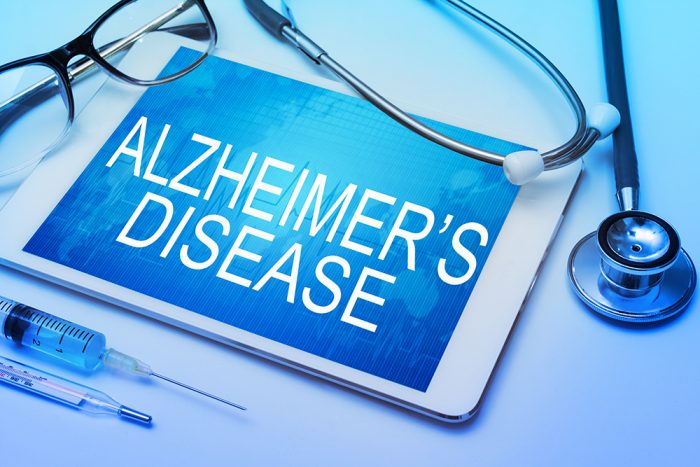The PA Family Support Alliance is sponsoring a free mandated reporter training entitled “Responding to Disclosures of Child Abuse.” This training is for mandated reporters who have taken training on recognizing and reporting child abuse before and need to take it again. It is 3 hours and available at no cost to mandated reporters in Pennsylvania. This training is designed to help professionals and volunteers respond to disclosures of child abuse in a way that is sensitive and supportive to the child, but without tainting the child’s memory.
The curriculum is approved by the Departments of Human Services, Education, and State and meets all requirements for training on recognizing and reporting child abuse (to include Act 126 for school employees). It is also approved for continuing education credits under Act 31 (Department of State for health-related licenses) and Act 48 (Department of Education for teachers) at no cost. PFSA will submit your training verification to the Department of State or Education as appropriate on your behalf (details provided during training).
Each person must log in through separate devices, using the unique access link emailed to them after registration to receive credit.
For questions or to schedule a session specifically for your organization, please email PFSA or RCPA Children’s Policy Director Jim Sharp.
Please register for your preferred training date and time by clicking one of the session links below.
Wed. June 1, 9:00 am – 12:00 pm
Tues. June 7, 9:00 am – 12:00 pm
Wed. June 8, 9:00 am – 12:00 pm
Thurs. June 9, 12:00 pm – 3:00 pm
Tues. June 14, 9:00 am – 12:00 pm
Wed. June 15, 1:00 pm – 4:00 pm
Thurs. June 16, 9:00 am – 12:00 pm
Fri. June 17, 9:00 am – 12:00 pm
Sat. June 18, 9:00 am – 12:00 pm
Tues. June 21, 12:00 pm – 3:00 pm
Tues. June 21, 6:00 pm – 9:00 pm
Wed. June 22, 9:00 am – 12:00 pm
Thurs. June 23, 9:00 am – 12:00 pm
Mon. June 27, 1:00 pm – 4:00 pm
Tues. June 28, 9:00 am – 12:00 pm
Wed. June 29, 9:00 am – 12:00 pm
Thurs. June 30, 12:00 pm – 3:00 pm
















